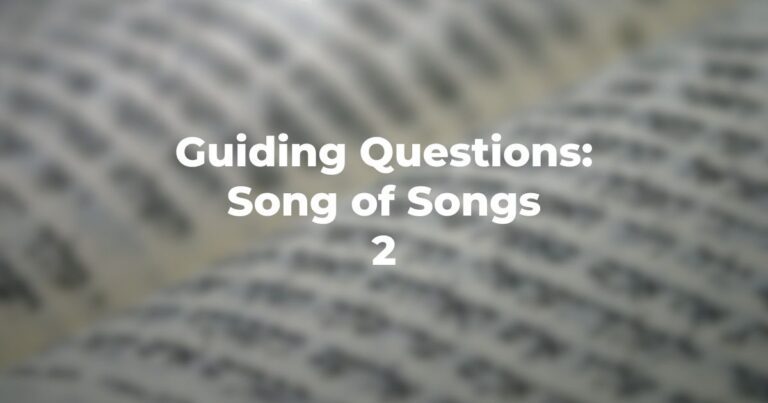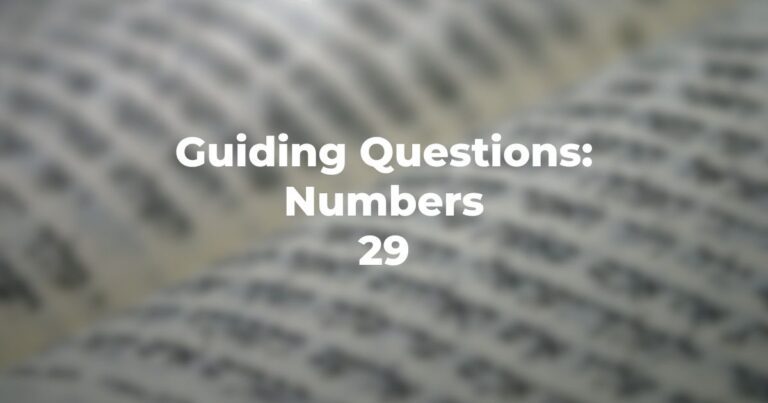- Were not the regulations set forth at an earlier date by Moses and is the repetition due to the fact that this is a new generation?
- Does Deuteronomy 5:2 indicate that the covenant was actually effected with their ancestors?
- In Deuteronomy 5:2, the covenant entered into is at Horeb. Why is Sinai not mentioned?
- Although Deuteronomy 5:4 refers to the fact that God spoke “face to face” with you, does Deuteronomy 5:5 modify that particular observation?
- With Deuteronomy 5:6 begins a section which is comparable to the Ten Statements which appear in Shmot 20:1-13.
- Although comparable, are these statements identical?
- In what ways are they the same in text and in what ways do they differ (especially, for example, where the Sabbath mandate is set forth and, too, at the very end in connection with “coveting”)?
- What would explain these differences?
- And if there are differences in the literary aspect, do these differences also carry over to intent and to substance?
- In Deuteronomy 5:19, do the two words “velo yasaf” mean that the voice ceased or does it mean that the voice never did (or never will) cease?
- In essence, in Deuteronomy 5:20-24 do we have an explanation as to why “God no longer speaks directly but, rather, through intermediaries,” and would these intermediaries be prophets?
- In text, what is recorded as “God’s response” (Deuteronomy 5:25-28)?
- Beginning with Deuteronomy 5:29 who is speaking?
- In Deuteronomy 5:30, reference is made to “the path which God commanded you to traverse”—and would this be one of the sources for the term “halakhah”—usually translated as “law” but actually meaning “the way to walk in life?
Author
-

Exploring Judaism is the digital home for Conservative/Masorti Judaism, embracing the beauty and complexity of Judaism, and our personal search for meaning, learning, and connecting. Our goal is to create content based on three core framing: Meaning-Making (Why?), Practical Living (How?), and Explainers (What?).
View all posts




